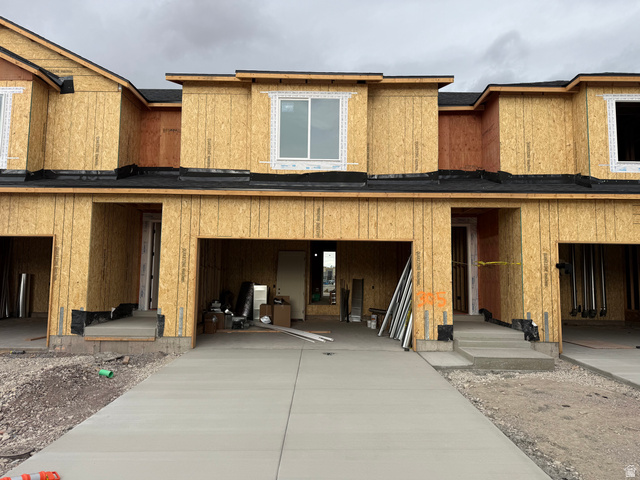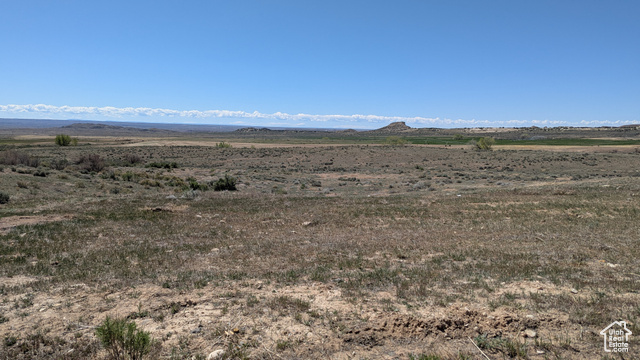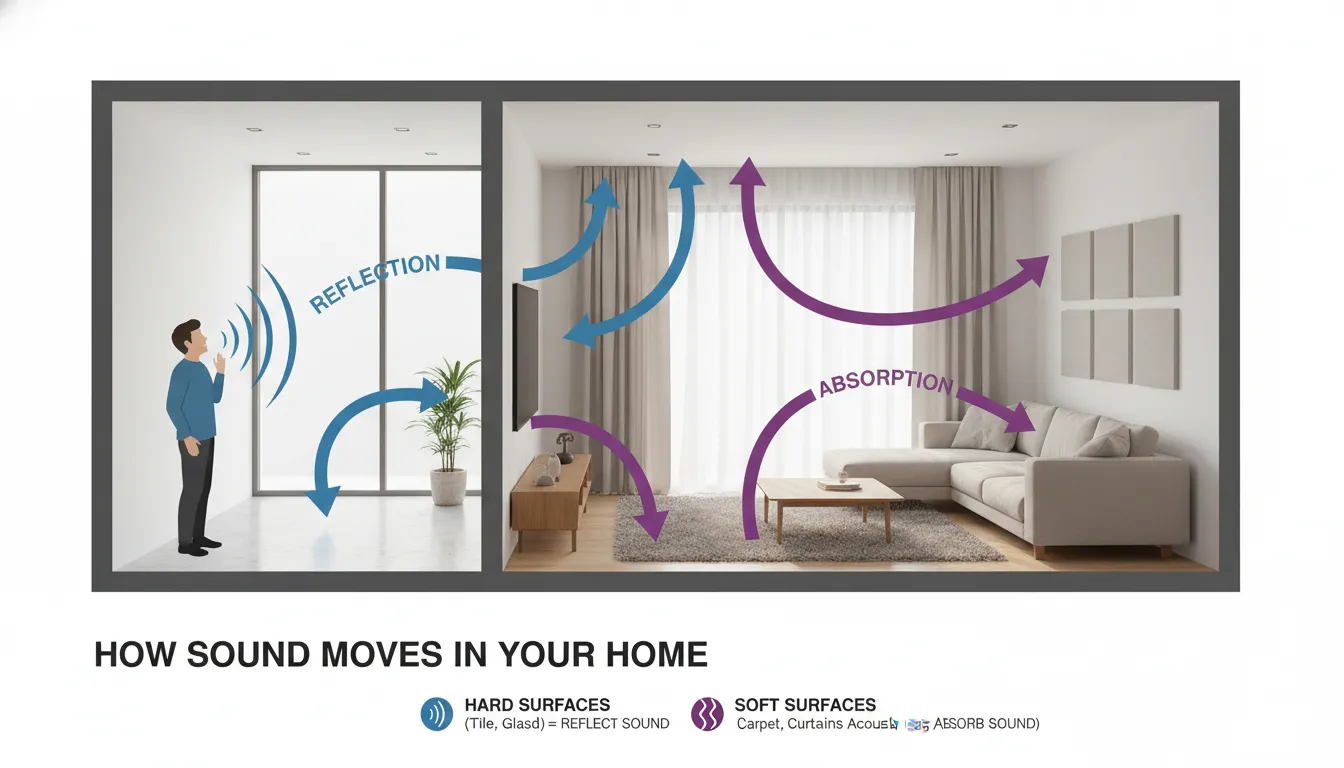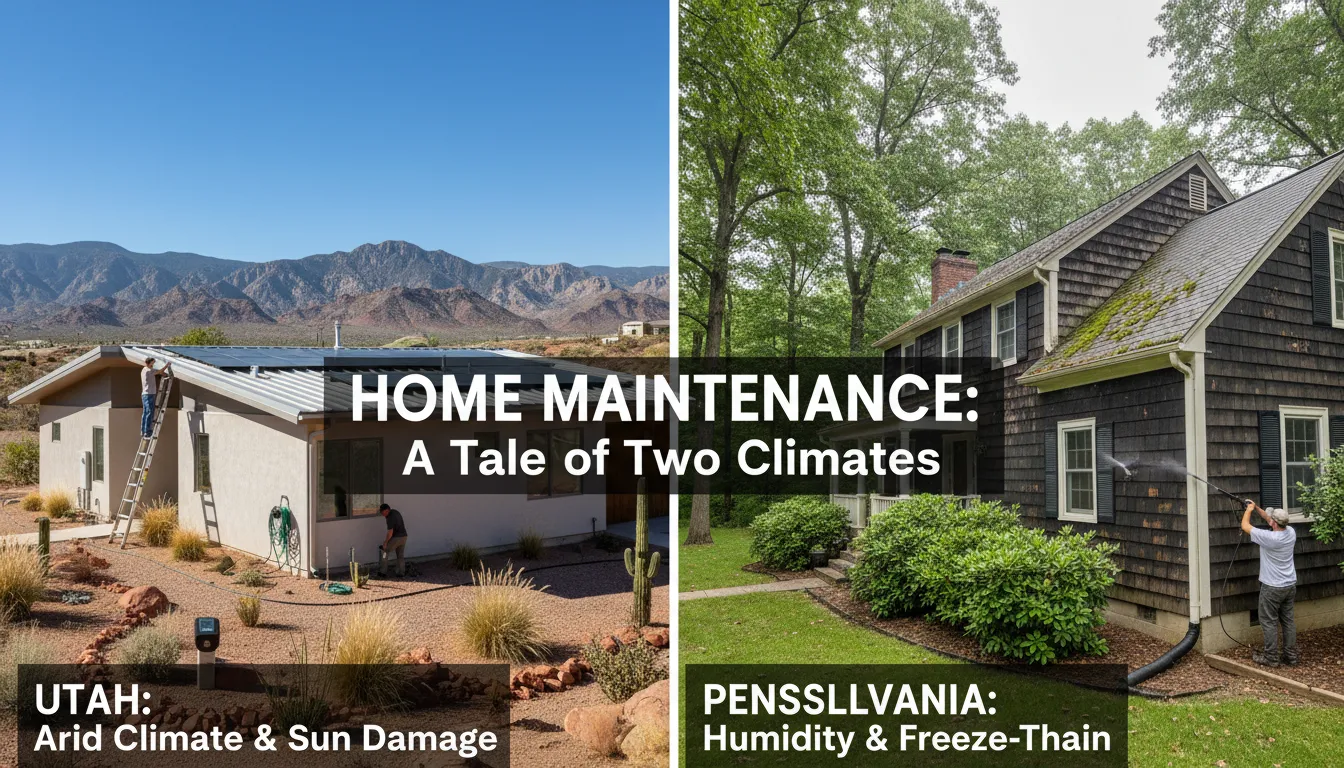
The Utah Real Estate Purchase Contract, which we call REPC for short, is a purchase contract that is
written by lawyers, and approved by the Utah Division of Real Estate. As we fill out the contract,
we fill out things that make the offer stronger or weaker, depending on what we are doing for our
clients as a buyer's agent. As a listing agent, reviewing that contract, we want to make sure that
we are protecting our sellers as much as humanly possible.
In Utah the purchase contract is written naturally, very buyer friendly, meaning the buyer has a lot
of ways they can get out of the contract with no repercussions whatsoever. Means, a buyer could
potentially keep your house under contract for months, and decide it's not the right house for them,
cancel, give you as a seller, no reason whatsoever, take their earnest money, and go look for a new
house. And you as a seller have had your house off the market, been paying multiple mortgage
payments, and have nothing to show for it. So how a purchase contract is structured is super
important to you as a seller to make sure that you are in the strongest position possible.
How do we write a contract to make sure that it is structured in a way that you are protected? The
first thing is deadlines. We make sure that the deadlines are tight and realistic. So depending on
the type of loan your buyer has is what type of deadlines we want to see in the contract. So as a
listing agent, reviewing the contract with my sellers, I make sure I know what type of loan the
buyer has, and I know how long average turn-times are going to take because it depends on the
season, time of year, what's going on in the market, how long is normal.
Other states have really long contracts, California currently has a 22-page contract. Utah’s
real estate contract is only seven pages long with additional addendums based off what our buyers
and sellers need. So what are things that are always in the contract no matter what? The simple
things are due diligence, making sure the buyer has time to do their due diligence and inspect the
house. Utah is a buyer beware state, meaning if the buyer does not object to anything they find in
due diligence, they close on the house and move in, they cannot come back to the seller and ask the
seller for additional repairs or requests. So as a buyer, it is vital that you spend the time and do
your due diligence correctly so you can make sure that you're making the best purchase possible for
you and your family.
Explore Utah Real Estate

83 W 850 S, Centerville, UT
$815,000
Bedrooms: 5 Bathrooms: 3 Square feet: 3,999 sqft

653 E RYEGRASS DR #305, Eagle Mountain, UT
$387,900
Bedrooms: 3 Bathrooms: 3 Square feet: 1,985 sqft

2031 N LAVA ROCK CIR #107, St George, UT
$4,185,000
Bedrooms: 4 Bathrooms: 5 Square feet: 5,404 sqft
Other things built into the contract are the financing and appraisal deadline. That's actually the
same date, but they're two separate things. Financing is on your end that you can actually get the
loan because you'll get approval before you write the offer, but then the bank will marry that
approval to the loan and make sure that you and the house are qualified for this particular
loan.
So what happens if you, as a buyer, decide you don't want to buy the house anymore? There are
provisions in the contract for you to cancel the contract, but depending on where you cancel the
contract, there are penalties associated with it. So make sure you are very certain you want to buy
that house before you ever write the offer. On the flip side, what about for a seller? What if you
decide you don't want to sell your house anymore? What if something's happened that you can't sell
your house anymore? There are penalties associated with canceling the contract on the buyer as a
seller. So make sure you know those penalties before you accept an offer.
How long is a real estate purchase contract? It depends on the deadlines, but they're typically 30 to
45 days long. If it's a cash deal and you don't have to go through the loan process it could be dramatically
shorter, as short as a 3-4 days. Planning on 30 to 45 days to sell your house beyond the marketing time is about how
long you should plan on.
What is negotiable in the contract? The true answer is everything is negotiable in the contract. It
just depends on what you're looking for as a buyer, and what the seller's looking for as a seller.
And that is where communication and negotiation makes a big difference. The more you know about what
the seller and buyer want, the more the buyer and seller can get what they want by communicating it.
Now, it's very delicate in the negotiations because you don't want to give away all the motivation,
which could potentially hurt yourself in negotiations or hurt, either way, as a buyer or a seller.
And I have plenty of stories I could share, and I'll probably do that another day.
More Properties You Might Like

2098 E GOOSE RANCH RD, Vernal, UT
$103,000
Square feet: 274,864 sqft

2148 E GOOSE RANCH RD, Vernal, UT
$116,000
Square feet: 309,276 sqft

6668 S 3200 W, Spanish Fork, UT
$2,074,000
Bedrooms: 3 Bathrooms: 3 Square feet: 2,560 sqft
If your looking for a licensed Utah real estate
agent give us a call at 435-414-8597
Related Articles:













